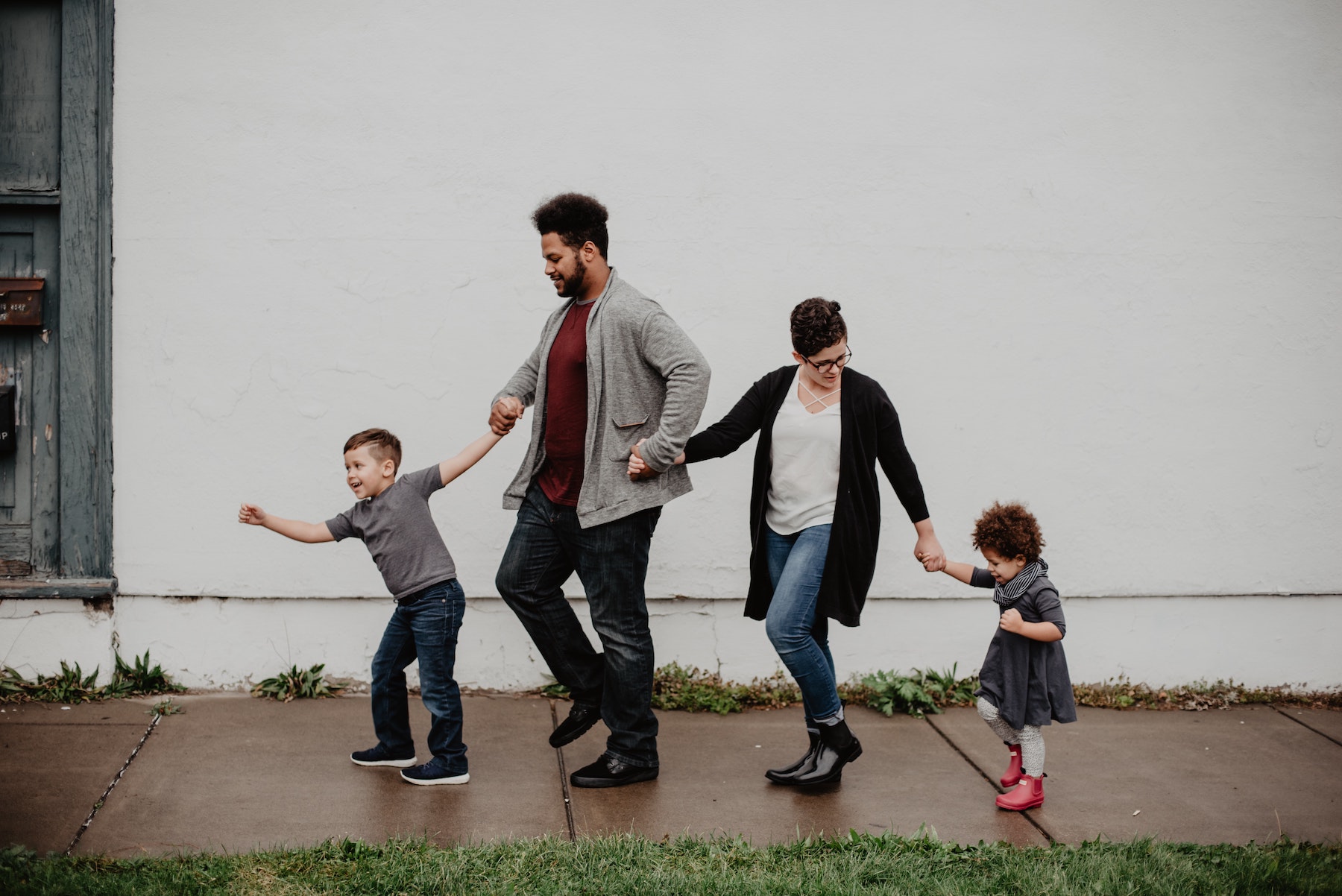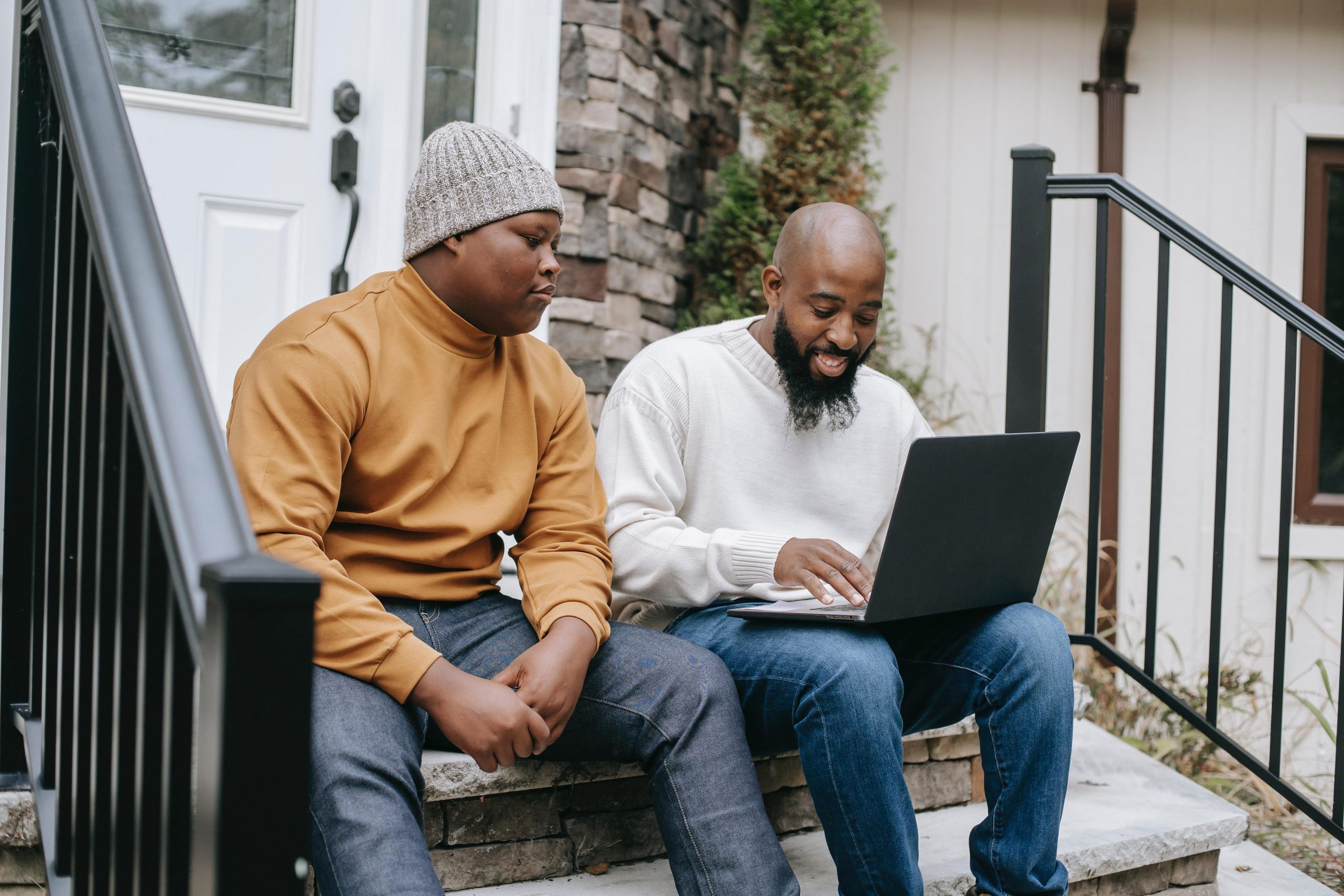
The summer before my 8th grade, we moved to a new state. My dad’s job relocated our family from a non-descript Midwestern community to an affluent East Texas town, steep in Southern culture. As soon as we arrived in our new city, one of my dad’s business associates introduced me to Lizzie. Undoubtedly my father’s colleague recognized that making new friends amidst middle school would be no easy chore, and certainly not in a town with generations-old cliques and social circles. So on my behalf, he invited a young family friend who was also my age to attend a small dinner gathering welcoming my family. Within seconds of first meeting Lizzie, she was coaching me on who to know and how to survive my new middle school. Over dinner that night, a friendship was begun.
In many regards, Lizzie and I were unlikely peers. I was a pudgy 14 year-old with short bangs and a limited wardrobe. Lizzie was the well-dressed, perfectly manicured offspring to Texas oil aristocracy. I came from both a family and a culture where life was understated. Lizzie’s family mingled among famous names. Her world was colorful. And while it was sometimes overstated, it was always entertaining. Lizzie had a million friends. If there was something big going on, Lizzie was in the middle of it and usually in charge.
Frankly, Lizzie didn’t need another friend. However, within days of our first introduction, Lizzie telephoned to inform me of my upcoming social schedule. Lizzie had already contacted various friends and cleared bringing me as an added guest to future planned gatherings. Lizzie didn’t just take me along to “The Back to School Bash” lunch out with the girls and events at our church, she ensured others were engaging me on these occasions. Thanks to Lizzie, within days of my arrival in a new town I had an almost instant set of friends to see me through middle school and beyond. Lizzie continued to include me in her world and expand mine even into college.
Lizzie gave me the gift of friendship that was bigger than she could ever be. Looking back, I now recognize that Lizzie was both big-hearted and unafraid of risk. She didn’t fear rejection for carrying in a slightly awkward acquaintance to an established set of friends. And she cared less about the changing dynamic of adding a new voice to a circle than she did nurturing a new friend. Lizzie was an “includer.” Now nearing age 40, and reflecting on the people who have had the greatest influence and impact in my life, I recognize that they were all “includers.”
It can be easy to get caught up in a group of peers and be comfortable without even noticing those on the outside. Maybe it comes more naturally to some, but it’s important for all of us to learn the skill of thinking of others and helping them feel included. How are you being an “includer” among your own peers? How are you teaching your children to be “includers?”
 Along with her husband and young son, Amy Fenton Lee lives in Cumming, GA. For more on Amy and her writing see www.amyfentonlee.comand www.theinclusivechurch.com.
Along with her husband and young son, Amy Fenton Lee lives in Cumming, GA. For more on Amy and her writing see www.amyfentonlee.comand www.theinclusivechurch.com.




